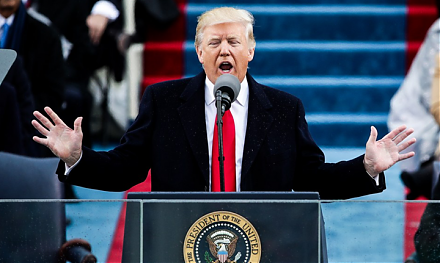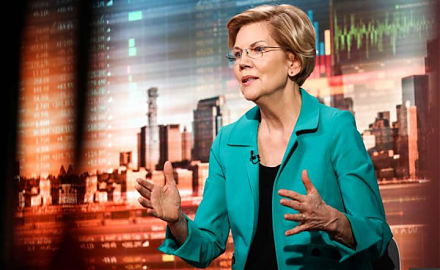

2019-11-23 08:33:00 Sat ET
technology social safety nets education infrastructure health insurance health care medical care medication vaccine social security pension deposit insurance
MIT financial economist Simon Johnson rethinks capitalism with better key market incentives. Johnson refers to the recent Business Roundtable CEO statement that focuses on better stakeholder value maximization for employees, customers, and suppliers. Johnson proposes 3 primary issues when we reconsider capitalism in response to the neoliberal consensus. First, market incentives are often positive in some contexts. It is not enough for entrepreneurs to raise capital to promote good social causes. Entrepreneurs often need to come up with a sustainable business model that promises steady future profits. Only profitable ventures survive the test of time, so founders and most senior executive managers often tend to fixate on near-term profitability.
Second, powerful policymakers and interest groups can distort sensible economic analysis to bolster the consensus view of business sustainability. It would be better for all parties to strike a delicate balance between public efforts and private motives. However, ulterior motives cannot align well with good causes.
Third, the private sector typically cannot take into account negative externalities. In this light, the public sector may need to play an important role in advancing basic science for better health care, infrastructure, technology, and so on. On balance, this consideration helps enhance macro policy outcomes in light of climate change and economic inequality.
If any of our AYA Analytica financial health memos (FHM), blog posts, ebooks, newsletters, and notifications etc, or any other form of online content curation, involves potential copyright concerns, please feel free to contact us at service@ayafintech.network so that we can remove relevant content in response to any such request within a reasonable time frame.
2019-07-31 11:34:00 Wednesday ET

AYA Analytica finbuzz podcast channel on YouTube July 2019 In this podcast, we discuss several topical issues as of July 2019: (1) All 18 systemical
2018-06-25 12:43:00 Monday ET

Apple and Samsung are the archrivals for the title of the world's top smart phone maker. The recent patent lawsuit settlement between Apple and Samsung
2023-08-21 12:25:00 Monday ET

Steven Shavell presents his economic analysis of law in terms of the economic outcomes of both legal doctrines and institutions. Steven Shavell (2004)
2018-07-30 11:36:00 Monday ET

Trumpism may now become the new populist world order of economic governance. Populist support contributes to Trump's 2016 presidential election victory
2019-02-03 13:39:00 Sunday ET

It can be practical for the U.S. to impose the 2% wealth tax on the rich. Democratic Senator Elizabeth Warren proposes a 2% wealth tax on the richest Americ
2018-03-09 08:33:00 Friday ET

David Solomon succeeds Lloyd Blankfein as the new CEO of Goldman Sachs. Unlike his predecessors Lloyd Blankfein and Gary Cohn, Solomon has been an investmen